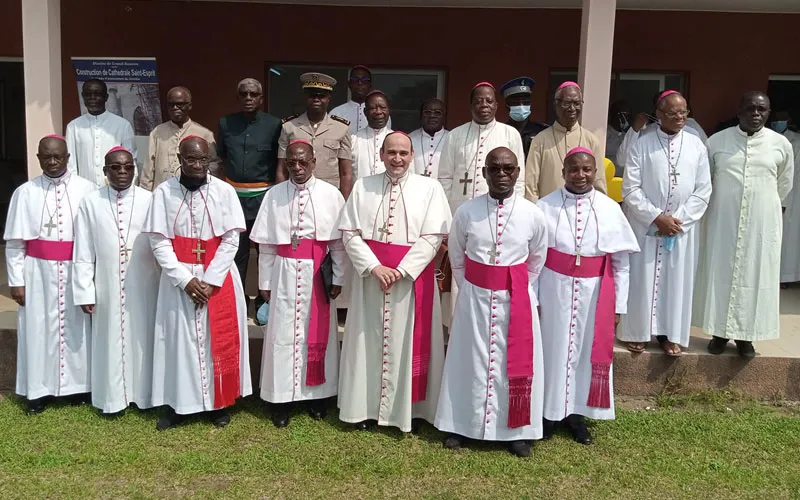The country plunged into pre-election violence after opposition politicians called for “civil disobedience” and a boycott of the polls in protest against President Alassane Quattara’s contested decision to run for a third term in September.
President Quattara took over power after the highly contested 2010 election that saw him win against the then incumbent Laurent Gbagbo. Gbagbo’s refusal to cede power to Quattara led to the 2010-2011 Ivorian crisis that saw at least 3,000 people lose their lives.
The country also experienced sporadic violence after the country’s Constitutional Council announced last November 9 that President Ouattara, the incumbent, had won a third term in office with 94 percent of the cast votes.
Politicians belonging to the opposition contested the results saying that in running for a third term, President Ouattara breached the constitution.
More than 50 people were reported dead as a result of the violence, whose epicenter was reportedly in the country’s political capital, Yamoussoukro.
UNHCR reported that about 10,087 Ivorians fled to neighboring countries, the majority seeking refuge in Togo, Liberia, Ghana and Guinea.
In the January 24 message whose date of issuance coincided with the conclusion of the 125th Anniversary Celebration of Evangelization in the West African nation, the Catholic Bishops also call for “a new Ivory Coast” guided by reconciliation among the people.
“This Ivory Coast is within our reach. Its construction requires individual and collective commitment. One of the foundations of this new Ivory Coast is reconciliation,” the Bishops say.
Explaining reconciliation as an act of bringing together at least two separate groups, the members of CECCI decry divisions in the country saying, “Many sons and daughters are separated from each other or distanced from the Motherland by politics; and the gulf has been deeply accentuated by the last presidential election.”
“The time has come to restore the joy of Ivory Coast. To see its children gathered around it without political, ethnic or religious obstacles,” the Catholic Church leaders say in their January 21 statement.








